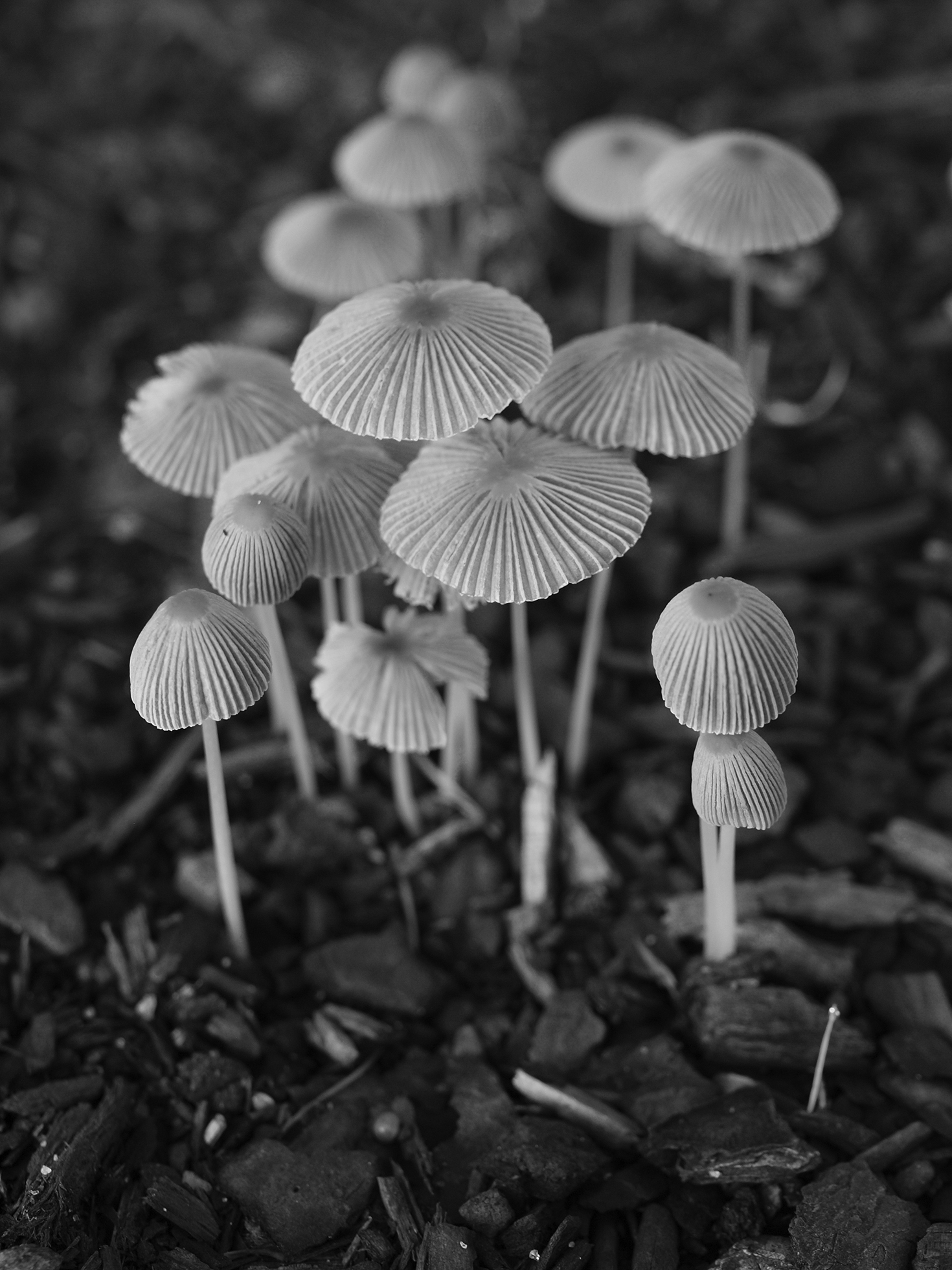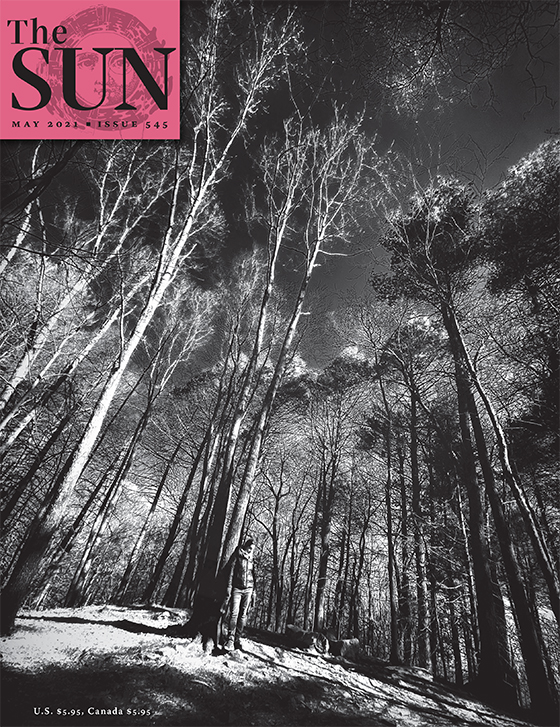The British biologist and writer Merlin Sheldrake has been fascinated by the often mysterious world of fungi since he was a small boy. He used to bury himself in heaps of fallen leaves and inhale the piquant odor of rot. “I think of fungi as ecological connective tissue,” he says, “the living seam by which much of life is stitched into relation.”
Although we haven’t always known it, our lives have long been entangled with fungi, from microorganisms such as yeasts and molds to the more than ten thousand varieties of mushrooms. They are neither plants nor animals, occupying their own kingdom of eukaryotic organisms, and they make it possible to produce such foods and beverages as wine, beer, bread, cheese, vinegar, and soy sauce. Many medicines are the result of an engineered or naturally grown fungus, including penicillin, cyclosporine, and other antibiotics. Digesting food would be impossible without the fungal microbes that inhabit our gut. And if you’ve ever had athlete’s foot or tried to grow grain crops without pesticides, you know that fungi are not always our friends. “Fungi change the way we understand life,” Sheldrake says. They “illustrate that it is possible to solve complex problems without a brain. And human existence has been profoundly influenced by mind-altering drugs like psilocybin and alcohol, both derived from fungal life.”





